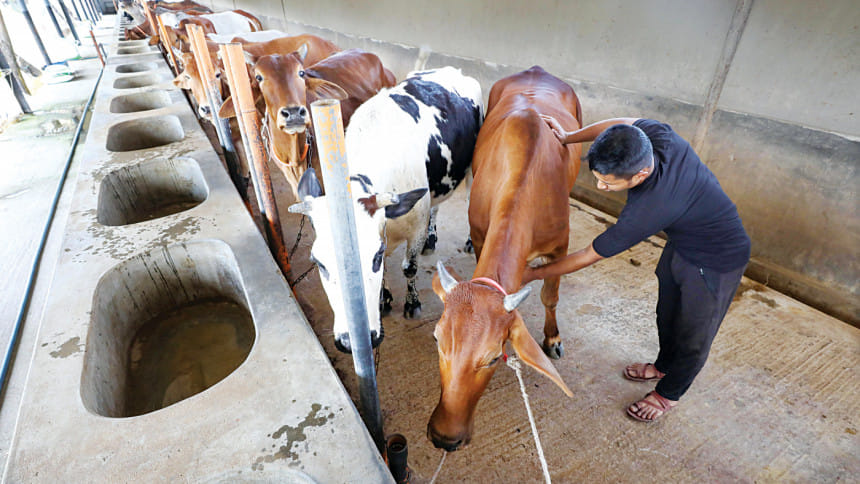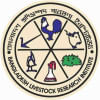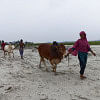Project for expanding artificial insemination of livestock delayed again

A project for expanding artificial reproduction and implementing embryo transfer technology in livestock farming has been delayed once again due to slow implementation.
The five-year project, styled "Expansion of Artificial Reproductive Technology and Implementation of Embryo Transfer Technology", will now take an estimated eight-and-a-half years to complete.
And although seven years have already passed, some of its salient components remain unachieved, according to documents of the Planning Commission.
Planning Minister MA Mannan approved the project's second revision, which was placed before a meeting of the Executive Committee of the National Economic Council on April 18.
The meeting was chaired by Prime Minister Sheikh Hasina.
The fisheries and livestock ministry initially took up the Tk 265 crore project in January 2016 with the completion date set for December 2020.
But the Department of Livestock Services (DLS), as the implementing agency, failed to complete the project within this deadline and subsequently sought its first revision.
The project cost was then increased by about 78 per cent, or Tk 206 crore, while its completion date was extended by two years. But following the second revision, the project cost was reduced by 8.20 per cent to Tk 433 crore.
The project was taken to expand artificial insemination programmes at the union level, implement cattle embryo transfer technology at Savar Dairy Farm and increase cattle semen production to ensure increased availability of meat and milk in the country.
Under the project, the DLS aims to provide six months of training on artificial insemination to 2,000 volunteer technicians.
Some 1,530 people have received the training as of December 2022 but the project will have to be extended by another year-and-a-half till June 2024 for the remainder, the DLS said while seeking its revision. The DLS also said it is necessary to increase the allocation for artificial breeding materials through the second amendment of the project.
Besides, the two bull stations and artificial insemination labs in Chattogram and Faridpur are not still operational as the water supply, drainage system, dung pit, straw warehouse and other infrastructure works remain incomplete.
In addition, the Project Evaluation Committee (PEC) of the Planning Commission asked to cancel the component for creating a database on the different breeds of cattle in the country.
"The DLS authority will have remove this element of the project as it has failed to spend even a penny in this regard," the documents said.
Project Director Md Jasim Uddin said they have already completed around 60 per cent of the works with physical progress at around 70 per cent.
"The project duration has been extended due to some issues related to unpaid bills of contractors," he added.
Uddin then said the ongoing US dollar crisis has affected the import of required machinery and foreign bulls.
Md Jahangir Alam Khan, an agriculture economist, thinks that while the project may take more time to complete, its costs should remain the same.
"This is a very important project for genetic development in cattle and so, it should be implemented very carefully," said Khan, also a former director general of the Bangladesh Livestock Research Institute.

 For all latest news, follow The Daily Star's Google News channel.
For all latest news, follow The Daily Star's Google News channel. 






Comments